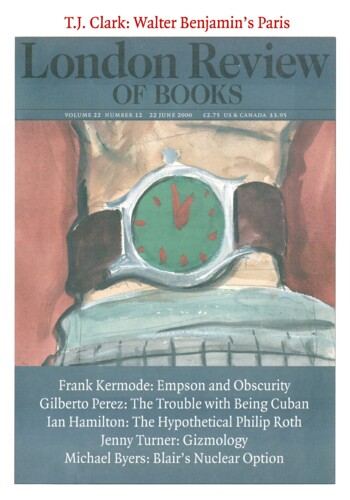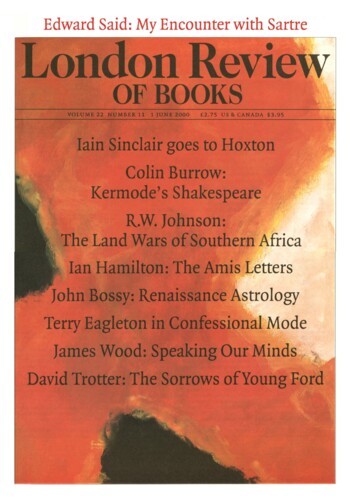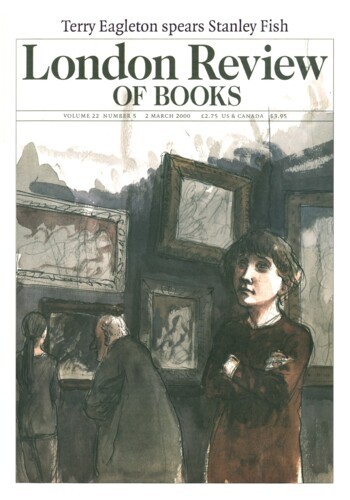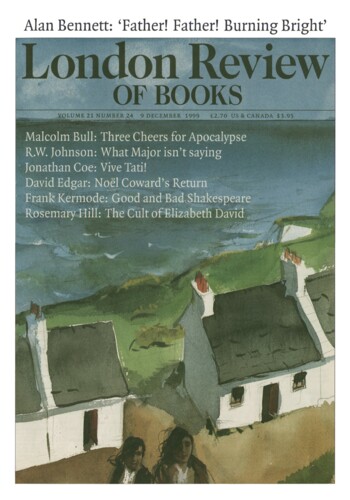The Power of Des: the screen rights to English Premier League Football
Ian Hamilton, 6 July 2000
‘Forget England v. Germany. It’s all about Des v. Gary,’ proclaimed the Guardian TV Guide on the opening day of Euro 2000. As things turned out, the Guardian was right – indeed, righter than it could possible have known. Within days of the tournament’s kick-off, a doleful Gary Lineker was telling his BBC1 viewers to brace themselves for some ‘bad news’: his employers, he had just been told, had lost the right to screen highlights of Premier League soccer games on Saturday nights. In other words, Match of the Day, the show that Gary had inherited from Desmond Lynam, would shortly be no more. As from the season after next, ITV would be screening its own highlights package and that package would be Fronted by, yes, Des.’‘





